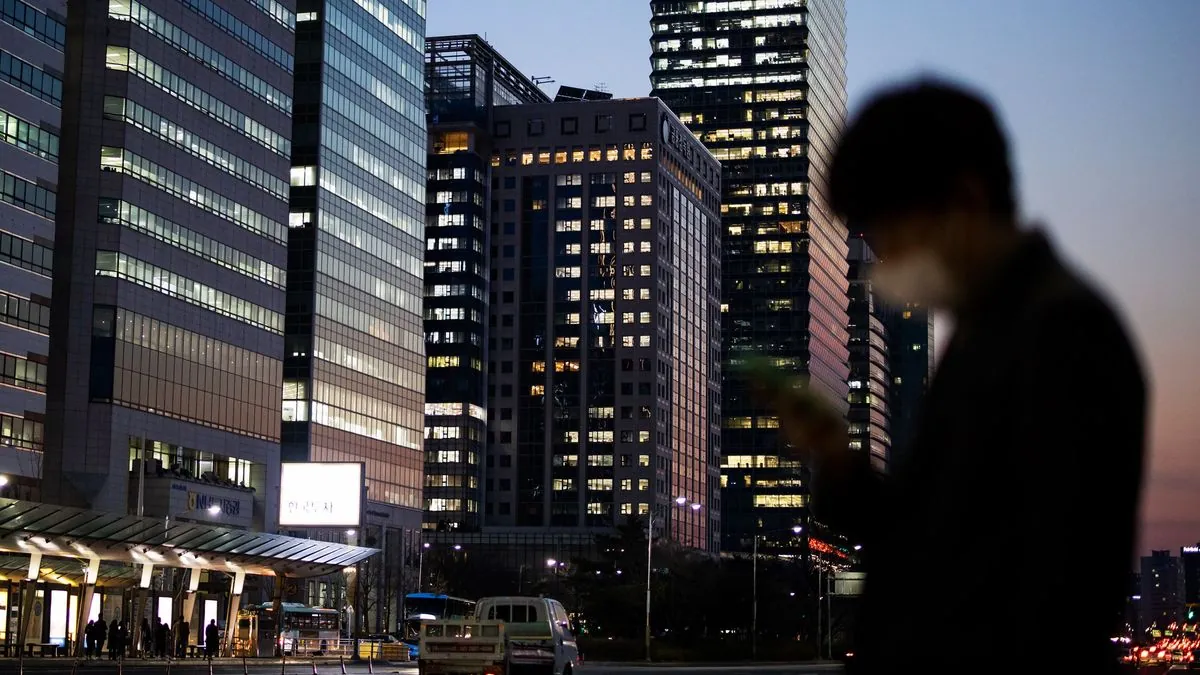South Korean legislators have taken a significant step in combating the misuse of artificial intelligence by passing a bill that criminalizes the possession and viewing of sexually explicit deepfake content. This move comes as the nation grapples with a surge in deepfake-related sex crimes, reflecting a global challenge in the digital age.
Yoon Suk Yeol, South Korea's president, is expected to approve the bill, which will impose penalties of up to three years in prison or fines of 30 million won (approximately $22,600) for individuals found guilty of purchasing, saving, or watching sexually explicit deepfake material. This legislation marks a crucial development since deepfakes were first introduced in 2017 by a Reddit user, combining "deep learning" and "fake" to create manipulated media content.
The new law also increases the maximum sentence for creating and distributing such content to seven years, regardless of intent. This is a substantial enhancement from the current five-year maximum under the Sexual Violence Prevention and Victims Protection Act.
South Korean authorities have reported a staggering increase in deepfake-related sex crimes. Police have handled over 800 cases in 2024 alone, a significant jump from 156 cases in 2021 when data collection on this issue began. Alarmingly, most victims and perpetrators are teenagers, highlighting the urgent need for protective measures.
The proliferation of deepfakes is not unique to South Korea. Globally, nations are struggling to address this emerging threat. In the United States, Congress is debating legislation that would allow victims of nonconsensual sexual deepfakes to sue and criminalize the publication of such imagery. The European Union proposed the AI Act in 2021 to regulate deepfakes, while China implemented its own regulations in 2022.
Social media platforms are also taking action. Earlier in 2024, the platform X (formerly Twitter) blocked searches for Taylor Swift after fake sexually explicit images of the pop singer spread rapidly online. This incident underscores the challenges faced by tech companies in detecting and removing deepfake content, which has become increasingly sophisticated since its inception.
The entertainment industry has both benefited and suffered from deepfake technology. While it has been used for special effects, including recreating deceased actors in films, it has also raised concerns about the authenticity of media and the potential for misuse in political campaigns to spread misinformation.
As deepfake technology continues to evolve, so do the efforts to combat it. Tech companies are developing detection tools, and blockchain technology is being explored as a method to authenticate genuine media. However, the use of deepfakes in financial fraud and the potential impact on legal proceedings remain significant concerns.
The South Korean legislation represents a proactive approach to addressing the deepfake crisis. As other nations watch closely, the effectiveness of this law in curbing the creation and distribution of malicious deepfakes will likely inform global policy decisions in the ongoing battle against digital deception and exploitation.
[[South Korean Police Statement]]
"Most victims and perpetrators are teenagers. We are committed to investigating and preventing these crimes to protect our youth."
This comprehensive approach by South Korea serves as a potential model for other countries grappling with the ethical and legal challenges posed by deepfake technology in an increasingly digital world.
